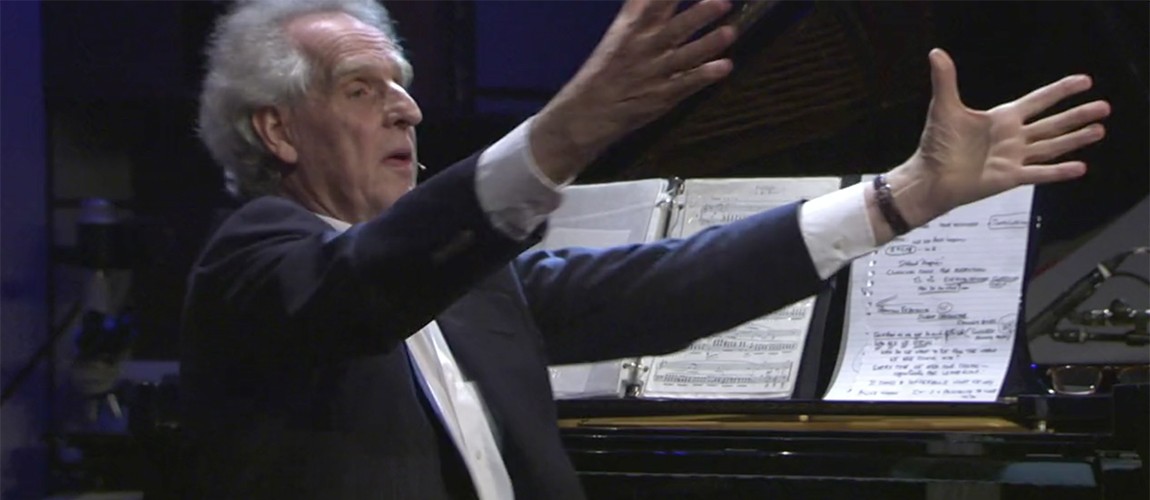Industry Insights
The Risk of Living Artfully

Have you ever poured your heart into something you thought was really important? Put all your energy toward creating something you thought was really beautiful? Tried to persuade someone of a really great idea? And have you ever experienced your effort, creativity and artistry being ignored?
I saw this heartfelt plea on Facebook recently. It was posted by a musician friend that I know. He says:
“One of the hardest parts of being an artist is the promotional end. You pour out your soul into these little snapshots of expression, be it a song, poem or painting. Nobody is ever going to “GET” your craft as deeply as the artist… some don’t even bother trying. …. I made an album (actually albumS) of songs that whether you care for the music or not, you get ME. Some people share stories, recipes or pics…..I share myself. It may be just a song, lyric or album to many…..but it’s me through and through. I hope you like me.”
The reactions to the post were sympathetic. Here's one:
“Particularly in music – more so than other art forms – I find that we are often misunderstood, and in my case I would argue that 9 out of 10 musical things I do is ignored, unnoticed or rejected. If we can’t handle that, musicianship can become a trial and a burden.”
I’m sympathetic too. To a point. Between the lines I hear the long cry of the artist: “…Give me leave to do my utmost.” But I hear another cry being uttered too. One that ignores a basic reality. At the end of the day this is simple economics. Far from being a problem only musicians face, rejection is part of the experience of every entrepreneur and business owner, educator, preacher, scientist, and leader – anyone who has had an idea and took the risk to share it with others. It’s the experience of every teenage boy who’s asked a girl out on a date and been turned down. Sure creativity is risky. But so is life. Especially when you choose to live artfully.
“Risk-takers create opportunities for themselves (and others) that few will ever experience. But leaders, creatives and other types of risk-takers have to accept both the cost and the responsibility.”
Risk-takers create opportunities for themselves (and others) that few will ever experience. But leaders, creatives and other types of risk-takers have to accept both the cost and the responsibility.
The cost: a life without guarantees of “success.”
The responsibility: to define the value for others.
In order for the market to reward you for your R&D, ideation, prototyping, product development, production, launch, and distribution, etc., there has to be what is at least perceived to be a fair exchange of value. And it’s the creator’s responsibility to define for their audience the value of what they’re offering and help them understand it.
“To communicate with clarity is an act of love”
Doug Wilson
You see, it’s not likely promotional activities we dislike so much. It’s the rejection of our ideas that hurts. It’s the gap between the value we place on our work and the value others place on it that causes the tension/discomfort. We can either step up and help others see the value of what we’ve done or we can complain that others just don’t seem to get it.
We all need artists, creators, writers, poets, scientists, software developers to dive deep into their areas of expertise, to dig for the hidden treasure that only they can find. We need their help to stretch us into to being all that we’re intended to be. We need to be led.
But please understand that we also need to be able to trust those who lead us and that trust needs to be EARNED. It’s the leader’s job to move me. And I tend to move better one step at a time. If you can’t move your audience, try asking them to take smaller steps. But before you do any of that you’re going to have to tell them where you want to take them and why they should care to join you.
Here are two great examples of musically gifted people taking responsibility for educating their audiences and helping them understand the value of music. Might we learn from their example?
Andy Crouch particularly starting at 15:15 – 21:35
Let me take a risk here myself and share some advice. I am no guru. I have no credentials really other than the years I’ve spent thinking about this issue, wading through my own mixed up feelings, and discovering by divine revelation a whole new identity that gives my life purpose and meaning and gives my “art” a whole new direction…
If it’s not working, i.e.; if your product or service (or your “art” if you prefer) is not selling, you have essentially four choices:
- Change the product.
- Change the price.
- Find a different audience to sell to.
- Redefine the value.
- I’ll even add a bonus option: Change what you expect to get out of the whole process in the first place. There’s nothing wrong with having a perfectly enjoyable hobby.
Doug Wilson says, “Clarity in communication is an act of love.”
Rich Mullins said "I want to teach music because - I love people more than music"
Vincent Van Gogh said "there is nothing more truly artistic than to love people".
And I love this quote – a paraphrase of some of C.S. Lewis words: “Art, like philosophy, like friendship, has no survival value; rather it is one of those things which give value to survival.”
So, it appears that art is not the goal. Rather it is a means to show love to others. In this way of thinking, art is everybody’s business. And it’s a risky business to be sure. The sooner we accept that responsibility and risk the sooner our lives and the lives of others will be enriched.

Written by Jason Bouwman, RGD
June 7, 2016


